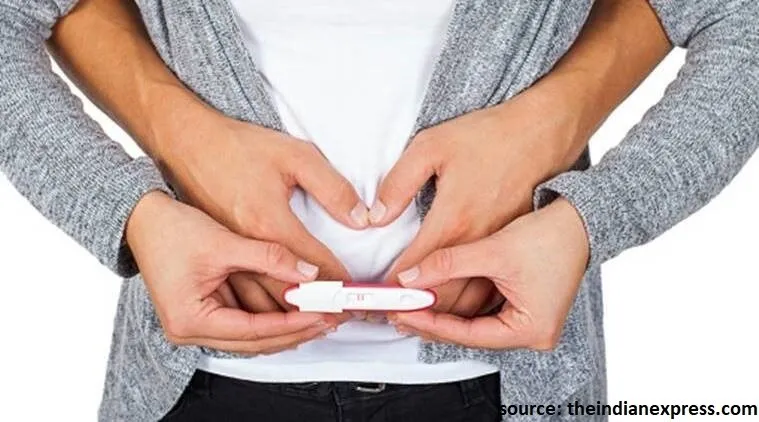If your doctor has diagnosed you with infertility, then IVF is the right option to achieve parenthood. If you do not know what an IVF is, let us explain the process first.
IVF or In Vitro Fertilization; it is a procedure to achieve pregnancy when you are diagnosed with infertility.
In this procedure, female eggs and male sperm’s fertilisation takes place in a special lab. It occurs under the care of an IVF specialist.
After the embryo development process completes in the lab, the embryo is inserted using injection into the mother’s uterus.
Some of the reasons why you can opt for an IVF procedure regardless of your age:
- The success rate is high when compared with other fertility treatment. It also offers a higher rate of success for infertile couples.
- You can go for multiple IVF attempts if you fail in the first IVF cycle.
- You can also use donated eggs or sperms. In case you have problems related to less production of fertilised eggs. Sometimes the quality of the eggs or sperm is lacking or unhealthy.
- IVF treatment can help when you are dealing with delay or irregular flow of menstrual cycles.
- IVF treatment can help you deal with miscarriage, i.e. IVF decreases the chances of a miscarriage.
- You can also freeze your eggs or embryos and control your pregnancy time.
- It increases your chances of pregnancy if you suffer from fallopian tubes blockage, endometriosis and any other fertility problems.
- IVF can also help you if you less sperm count or only testicular sperm.
Now that you are aware of the benefits of an IVF treatment can give you. Let us move on to the next question.
When to go for an IVF Treatment?
Age is an important factor for IVF treatment. Women in 20s and 30s experience a high rate of successful IVF implantation and achieve pregnancy.
The age success rate of IVF procedure:
- Age 30–35: 37% success rate
- Age 35–37: 31% success rate
- Age 38–40: 21% success rate
- Age 41–42: 11% success rate
- Age Over 42: 4% success rate
The rate of success reduces after mid-thirties. It is because the eggs inside your ovaries also undergo ageing. These ageing eggs lose their capability of fertilisation, diminishing your chances of implantation.
At the age of 30, you have around 12% of the 300,000 eggs you were born with. By the age of 40, only 9000 of these eggs remain.
When you reach the age of menopause (50-55), there are very few eggs remaining in the ovary, and their usefulness is questionable.
So, when you are in your twenties up to mid-thirties, you will experience a higher success rate for IVF treatment.
If you want to go for IVF after menopause, there are 2 possibilities:
- You can use your eggs which may have been frozen at an earlier stage. Also, you can opt to take the eggs of a donor which may be fresh or frozen.
- If your uterus is ready, you can implant embryos that originated from an egg of a donor.
In such cases, you do not have a genetic link with the child. However, you do have a physical connection through pregnancy and childbirth.
An egg donor is usually younger and healthier, so you get many viable eggs. Also, the father of the baby can be your male partner.
Remember, even after your menopause begins, your uterus is still capable of carrying out a successful pregnancy. So, even if you are above 50, you still have a high chance of successful IVF pregnancy.
IVF treatment is offered at Nisha IVF clinic with a team of expert doctors. They have many years of experience in the field of IVF.
You will receive a complete check-up through various tests and diagnosis. It will help ascertain and establish the success of IVF implantation.
No matter your age, opting for an IVF treatment can fulfil your dream of becoming a parent.


